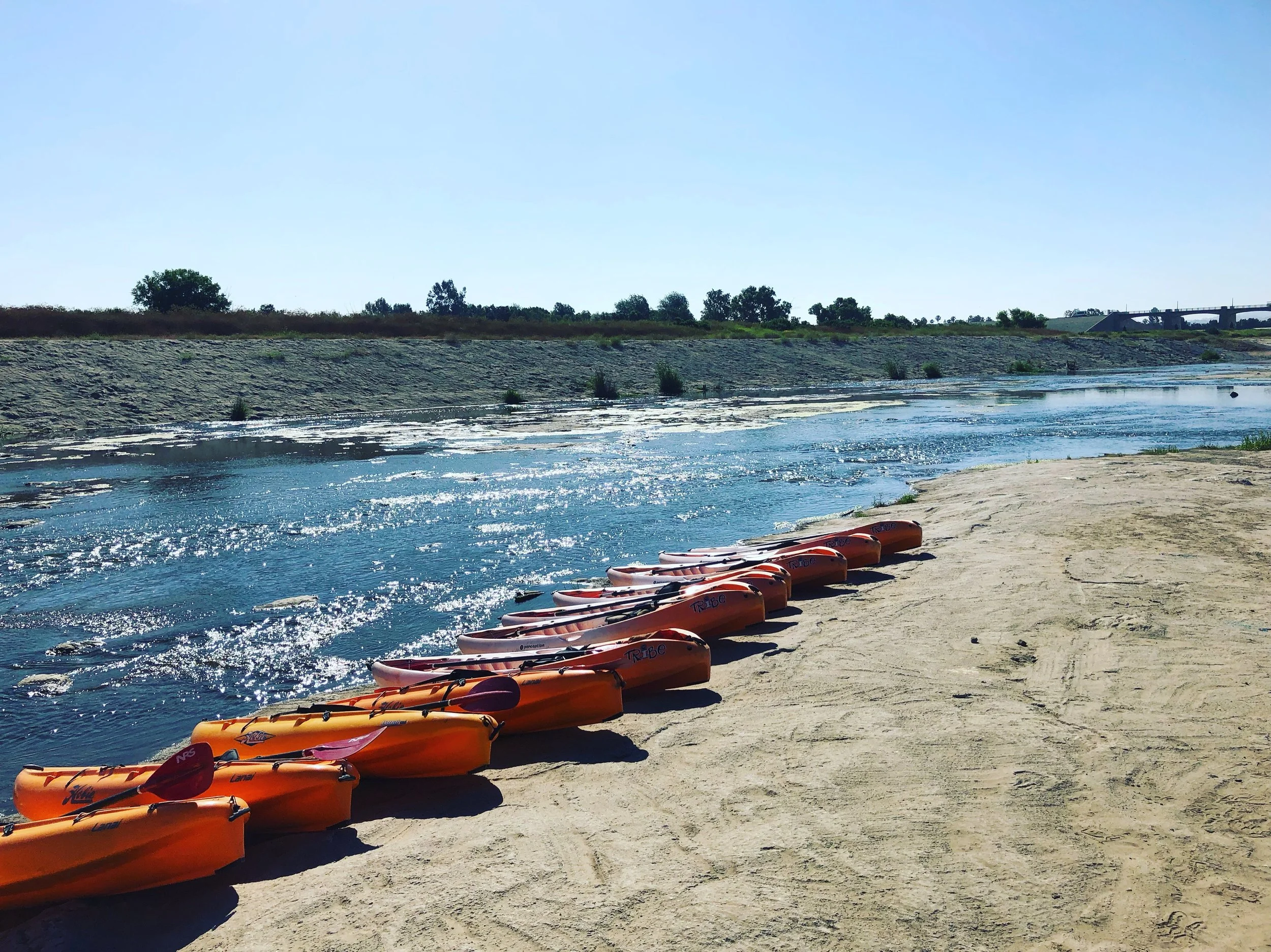The National Wildlife Refuge Association’s Urban Wildlife Refuge Program grew by leaps and bounds throughout 2021, despite the ongoing pandemic and reduction in outdoor events and programs. After pivoting to remote work and virtual programs in 2020, the seeds were planted to fund and accelerate ambitious projects in and around Los Angeles and nationally.
Program staff were involved in the planning and development of the Urban Academy, a week-long virtual conference hosted and programmed by the National Conservation Training Center and US Fish and Wildlife Service (USFWS) that took place November 15-19. USFWS staff and partners from all over the country attended sessions intended to grow understanding and raise awareness of how the Urban Wildlife Conservation Program is changing the way USFWS does business and how it relates to historically excluded and underserved communities.
In Southern California, three major projects are underway that address youth workforce development, environmental education, and native habitat restoration throughout Los Angeles County, in addition to the suite of programs offered by dozens of partners throughout the region from Ventura to San Diego. A funding agreement has been secured for the Long Beach Conservation Corps to bring a dedicated crew to restore the refuge; our proposed Pocket Wildlife Refuge Program received seed funding of $50,000 from the National Fish and Wildlife Foundation to restore and place conservation signage in five public parks in the LA River watershed; and the Dayton Heights Schoolyard Habitat Project received a technical assistance grant from the National Park Service to continue the design and implementation of an outdoor classroom at a Title 1 elementary school near downtown Los Angeles.
The Urban Wildlife Refuge Program is moving beyond the borders of California, and in late 2021 will add a new Urban Partnership Specialist to work on urban projects in partnership with Arthur R. Marshall Loxahatchee National Wildlife Refuge. The role of the new specialist will build on the success of the pilot program in Southern California and expand capacity of refuge staff and Refuge Friends to engage new audiences, strengthen and grow partnerships, and engage public officials and private funders and sponsors around conservation and wildlife refuge issues. South Florida is a particularly important area to begin the expansion, given the growing population and high impacts from climate change and rising sea levels. Future locations for expansion in 2022 include the Northeast and Houston, Texas.
We could not grow this program without the support of our friends and supporters around the country, and we deeply appreciate everyone who has contributed to its continued success.



